“This Assembly in Prague will be a further important step in the ongoing Synodal process of strengthening the Church through prayer and dialogue, and by sharing experiences, questions and hopes for the future.
Archbishop Eamon Martin along with 13 other delegates will attend the first ever European Assembly of a Synod within the Catholic Church. There are seven continental assemblies taking place across five continents in a new stage of the synodal process and the European Assembly is taking place in Prague in the Czech Republic from 5 to 12 February 2023.
Archbishop Martin said, “This Assembly in Prague will be a further important step in the ongoing Synodal process of strengthening the Church through prayer and dialogue, and by sharing experiences, questions and hopes for the future. Those of us who will be taking part in the European assembly are conscious of our responsibility to bring the fruits of what has been shared in many gatherings across Ireland in the past fifteen months or so. We are still only at the initial stages of our Synodal journey but already important themes are emerging about the need for healing and renewal in the Church and the challenge of finding fresh ways of offering the hope that comes from our friendship with Christ and with the joy of the Gospel.”
In October 2021, Pope Francis launched a Synod on the theme of synodality, which was a global process with the whole People of God. The first stage of this process was a worldwide listening in each Catholic Diocese (known as the Diocesan Stage). Between October 2021 and May 2022, faith-based conversations and consultations took place across the island of Ireland and, by the 29 May, dioceses and other groups submitted their responses to the Irish Catholic Bishops’ Conference. Each submission was reviewed in a spirit of prayer and discernment over the weekend of Pentecost (June 2022) by members of a National Steering Committee, and the emerging themes were presented to representatives at an assembly in Athlone on 18 June. A National Synthesis from the Catholic Church in Ireland was then prepared and sent to the Synod office in Rome.
At the end of October last year, the Secretariat of the Synod, published its Working Document for the Continental Stage of the Synod, which was a further synthesis of the 112 National Syntheses from the Catholic Church around the world, along with submissions from other religious congregations and groups. Entitled Enlarge the Space of Your Tent, this Working Document has been the subject of discernment and reflection back in each diocese around the world. Delegates from each Catholic Bishops’ Conference will now take part in a Continental Assembly in order to continue the synodal process of reciprocal listening and consultation.
The four delegates travelling from Ireland to attend the Continental Assembly in Prague are:
- Dr Nicola Brady, Chairperson of the Steering Committee
- Father Éamonn Fitzgibbon, Convener of the Task Group for the Irish Synodal Pathway
- Archbishop Eamon Martin, President of the Irish Catholic Bishops’ Conference
- Ms Julieann Moran, General Secretary of the Irish Synodal Pathway
A further ten delegates will attend the Assembly online. They are:
- Dr Gary Carville, Executive Secretary for the Council for Justice and Peace, Irish Catholic Bishops’ Conference
- Ms Ciara Ferry, Senior Supervisor and Communications Leader of Net Ministries Ireland
- Mrs Janet Forbes, ADYC Co-ordinator Archdiocese of Armagh and Member of the Synodal Pathway Task Group in Ireland
- Ms Ursula Halligan, Joint Co-ordinator of We Are Church Ireland
- Fr Declan Hurley, Administrator of St Mary’s Parish, Navan and Co-Chair of the National Steering Committee
- Sr Kathleen McGarvey, OLA, Provincial Leader of the OLA Sisters in Ireland
- Deacon Frank McGuinness, Diocese of Elphin
- Mrs Paula McKeown, Director of Living Church (Down and Connor) and Deputy Chair of the National Steering Committee
- Miss Helena O’Shea, Director of Youth 2000 Ireland
- Mr Stephen Sherry, Seminarian for Clogher Diocese



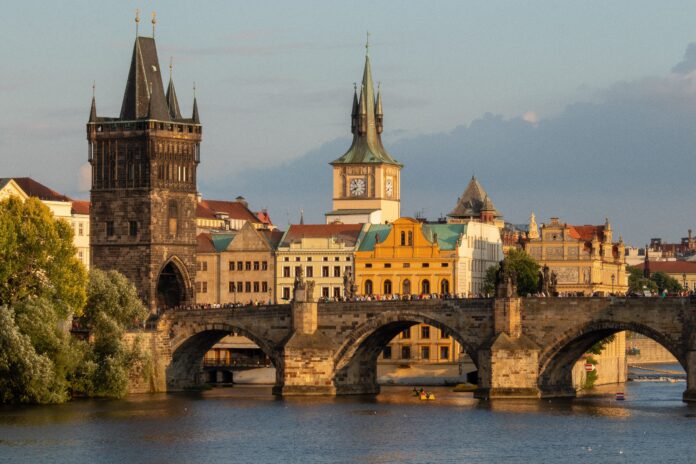
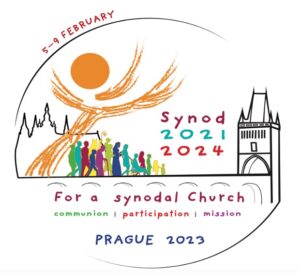

 “Might we in the Churches offer to help develop an agreed truth recovery process to address the legacy of pain and mistrust that continues to hang over us?”
“Might we in the Churches offer to help develop an agreed truth recovery process to address the legacy of pain and mistrust that continues to hang over us?”

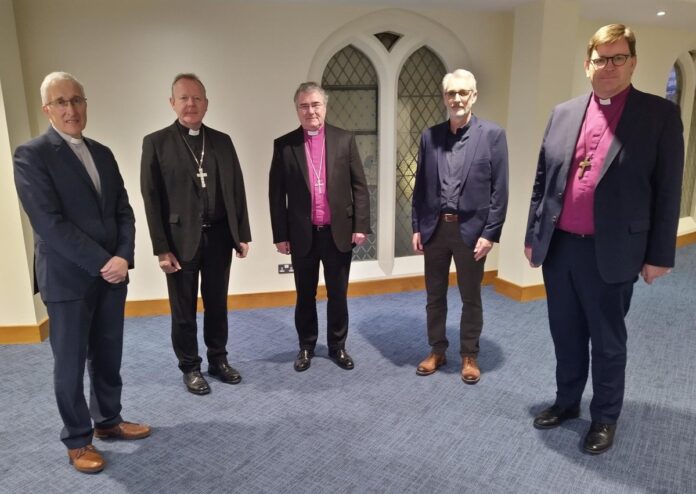
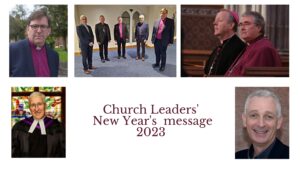
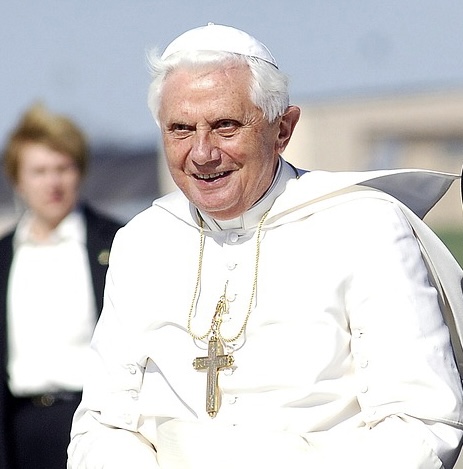
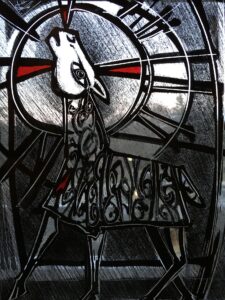 I am saddened to hear of the death of Pope Emeritus Benedict XVI. At this time of mourning in the Catholic Church throughout the world, we remember his gentle soul in prayer, asking God, in His great mercy, to forgive his sins and human failings, while rewarding his generous service and complete dedication to the Gospel and to the Church. On behalf of the Irish Bishops’ Conference, and the faithful across Ireland, I extend sympathy to Pope Francis, to the family members and carers of the Pope Emeritus, and to all those in his native Germany and around the globe who loved him and will mourn his loss.
I am saddened to hear of the death of Pope Emeritus Benedict XVI. At this time of mourning in the Catholic Church throughout the world, we remember his gentle soul in prayer, asking God, in His great mercy, to forgive his sins and human failings, while rewarding his generous service and complete dedication to the Gospel and to the Church. On behalf of the Irish Bishops’ Conference, and the faithful across Ireland, I extend sympathy to Pope Francis, to the family members and carers of the Pope Emeritus, and to all those in his native Germany and around the globe who loved him and will mourn his loss. 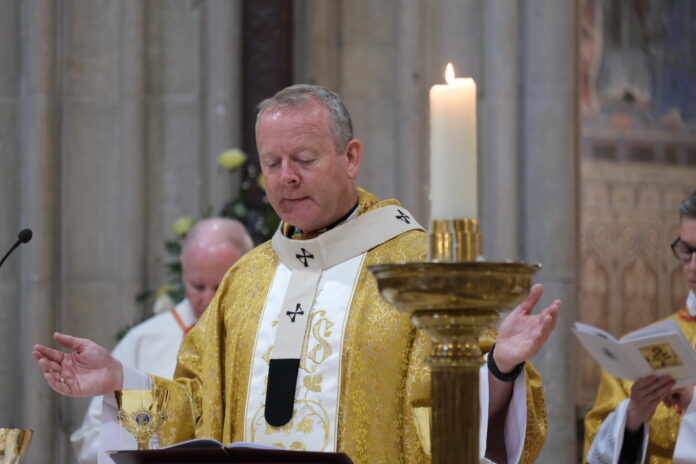

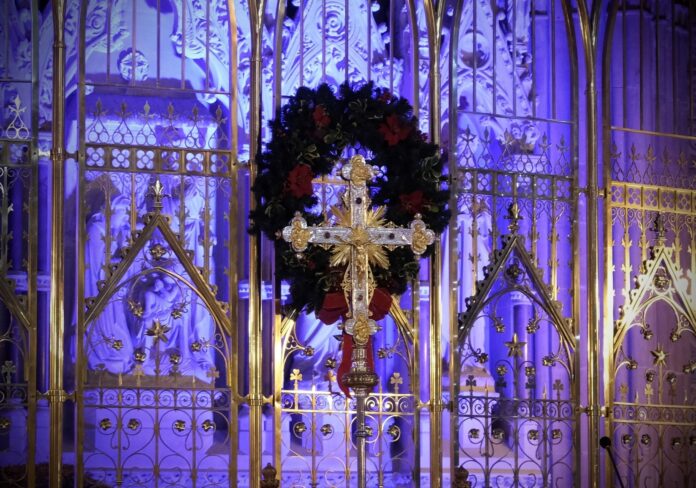
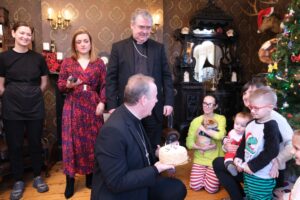
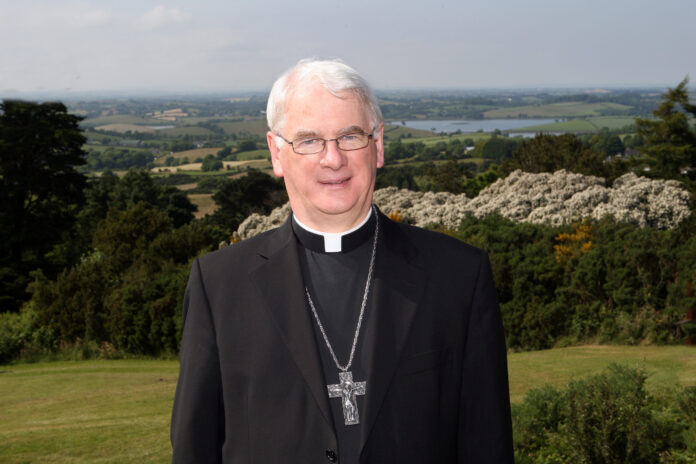
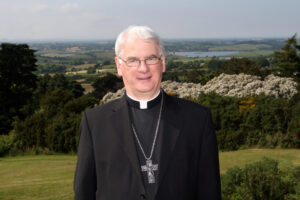
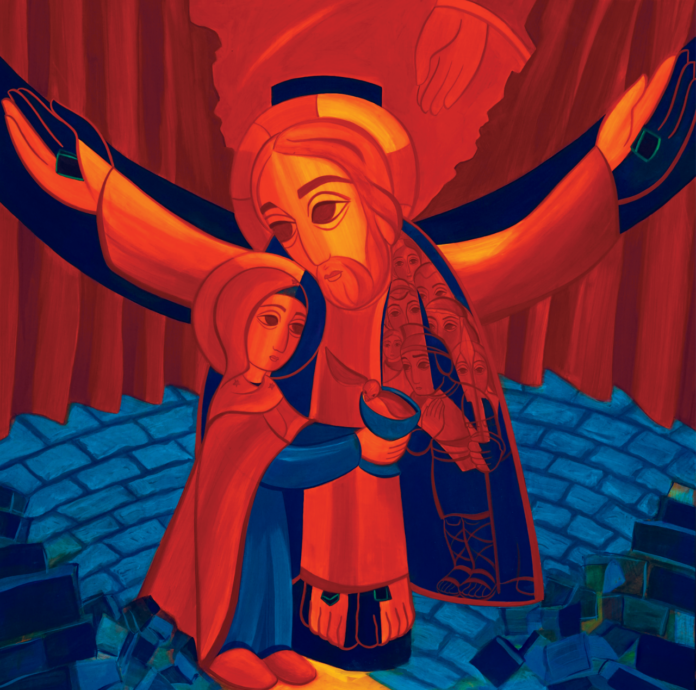
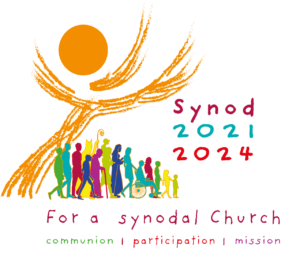 “Moving Forward Together on the Synodal Journey”
“Moving Forward Together on the Synodal Journey”
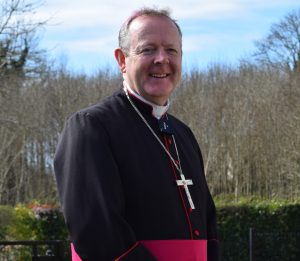 “The Church of the future in Ireland is a Church which serves … is less about maintenance and monuments and more about mission and evangelisation”
“The Church of the future in Ireland is a Church which serves … is less about maintenance and monuments and more about mission and evangelisation”